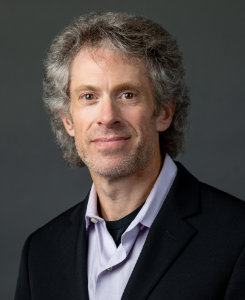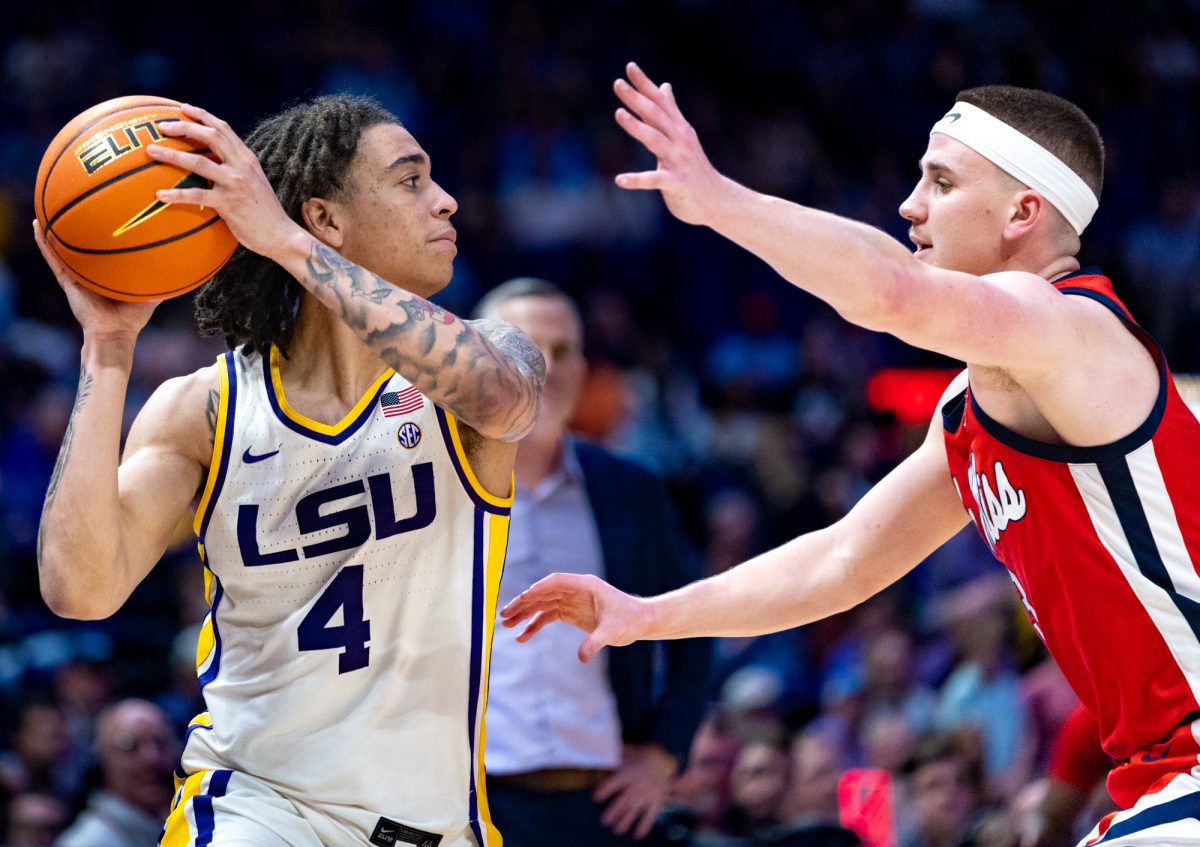The University is no stranger to recognition for athletic achievements. It may be surprising, however, that the School of Music holds a record as well. This year, the Festival of Contemporary Music celebrates its 60th anniversary, making it the longest-running contemporary music event of its kind.
Jeff Perry, festival chair, said the festival seeks to expose the public and students to contemporary music.
“It’s a case where there are plenty of composers, but not enough musicians playing it,” Perry said. “It can be shocking and unfamiliar to those who have never heard it, but no more so than, say, a contemporary architect.”
Michael C. Bellinger, director of public relations and concert manager for the School of Music, said the festival has a long and rich history that allows it to pull in well-known acts from around the country.
“The history and length of the festival can be traced to the enthusiasm and vitality of the people in charge of it,” Bellinger said. “And you can’t discount the community; the aggressive interests of the chairs have spread the enthusiasm across the campus and the community.”
Bellinger said as tastes change, the festival has changed and grown to fit the needs of the contemporary music-listening public.
Professor Helen Gundersen established the festival in 1945.
In a 1986 dissertation on the history of the festival, David Penri-Evans said Gundersen and a group of allies fought to maintain the presence of the Festival each spring, despite ridicule from her colleagues.
According to Penri-Evans, throughout its history, the festival incorporated works by students with the masterpieces by the great composers of the twentieth century.
Since its inception, the festival has evolved as a result of the influence of each festival chair. Gundersen shaped the beginning of the festival, adding student-composed pieces, appearances by the LSU Symphony, and the creation of a festival string quartet.
Gundersen’s successor, Paul Abel-Kenneth Klaus, served as festival chair from 1963 to 1973. Abel-Klaus introduced jazz through the Festival’s premiere of the LSU Stage Band and electronic music.
In 1973, Dinos Constantinides saved the festival from cancellation. He also made several changes to its format and organization.
In 1996, Steven Beck succeeded Constantinides as festival chair, fostering the electro-acoustic and digital media format. Although Beck is no longer the festival chair, the electro-acoustic tradition continues this year through the performances of the High Voltage Concert.
“High Voltage is a way of dealing with music that abstracts sounds from nature,” said Beck. “It’s applying music to sound, as opposed to just creating notes.”
This year, the Festival will also feature the California EAR Unit, a highly-acclaimed performance group with more than 20 recorded albums.
“The EAR Unit is one of the great proponents of contemporary music in the country,” Beck said.
Donald Grantham, professor of composition at University of Texas at Austin and recipient of multiple composition awards and prizes, will be featured as a guest composer.
“Mr. Grantham is featured in several concerts,” Perry said. “It is an honor to have him here on campus.”
The festival concludes with a Wind Ensemble Concert at the Union Theater.
“This festival explores the literature of music that is not often heard,” said Beck. “It challenges the ideas of what music usually is, and it provides a window into how art and music has progressed.”
Music festival oldest of its kind
February 21, 2005





